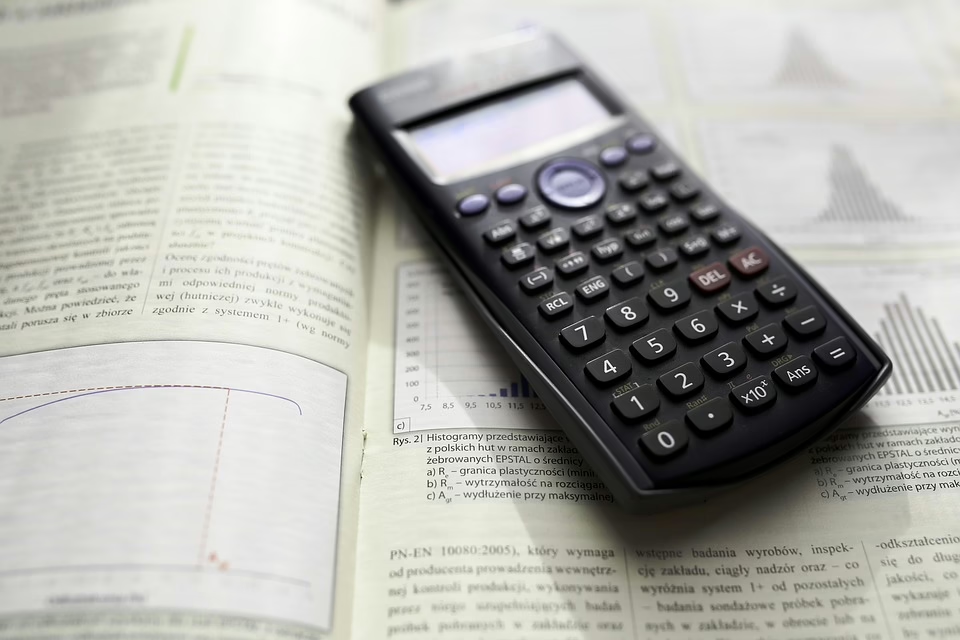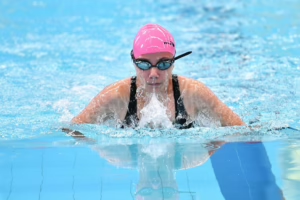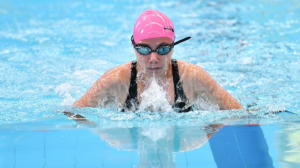Meet Your Match: What to Look for in a Physics and Math Tutor
When it comes to mastering subjects like physics and mathematics, many students find themselves challenged by complex concepts and abstract theories. The right tutor can be a game changer, transforming confusion into clarity and frustration into confidence. But with so many options available, how do you find the perfect match for your learning style and academic needs? In this article, we’ll explore essential factors to consider when choosing a physics and math tutor and how to make the most of your tutoring experience.
Understanding Your Needs
Assessing Your Academic Level
Before you begin your search for a tutor, take a moment to evaluate your current understanding of the subject. Are you a high school student struggling with algebra, or are you a college student tackling advanced calculus or quantum mechanics? Knowing your academic level will help you filter potential tutors based on their expertise.
Identifying Specific Areas for Improvement
Once you understand your academic level, pinpoint specific areas in physics and math where you need extra help. This could range from mastering fundamental concepts to preparing for an upcoming exam or project. Having clear objectives will guide your search and enable you to find someone who specializes in those areas.
Learning Style Considerations
Everyone has a unique learning style—some are visual learners who benefit from diagrams and charts, while others are auditory learners who understand best through lectures and discussions. Consider how you learn best when looking for a tutor. A tutor who aligns their teaching methodology with your learning style can create a more productive learning environment.
Finding the Right Tutor
Qualifications and Experience
When selecting a tutor, qualifications matter. Look for someone who has a robust educational background in physics or mathematics, preferably with a degree in the subject. Experience in teaching or tutoring is also crucial; a tutor with several years of experience will likely have developed effective teaching strategies that can adapt to various learning styles.
You can further assess their expertise by asking about their previous teaching or tutoring experiences. A good tutor should be able to provide examples of how they’ve helped students similar to you improve in specific subjects.
Teaching Philosophy
Every tutor has a unique teaching philosophy. Some may adopt a strict, structured approach, while others may encourage a more exploratory and casual methodology. Before committing to a tutor, ask about their teaching philosophy and how they plan to address your individual needs. A tutor whose philosophy resonates with you will create a more enjoyable and effective learning experience.
Personalized Approach
A great tutor should not only teach the material; they should also tailor their approach to fit your specific needs. Look for someone who takes the time to assess your strengths and weaknesses, and then adapts their methods accordingly. This personalized approach can significantly enhance your learning efficacy.
Reviews and References
Like any service, a good way to gauge a tutor’s effectiveness is through reviews and testimonials. Don’t hesitate to ask for references or check online platforms where former students share their experiences. This feedback can provide insight into the tutor’s teaching style, effectiveness, and reliability.
Logistics and Compatibility
Availability and Scheduling
When searching for a tutor, consider their availability. Some tutors may have rigid schedules, while others may offer more flexibility, which can align better with your timetable. Make sure to discuss availability upfront to avoid conflicts later on.
Location and Mode of Tutoring
With the rise of online learning, you can find tutors from various geographic locations. Determining whether you prefer in-person sessions or online tutoring can significantly affect your search. Online platforms also allow for greater flexibility, with many tutors offering video lessons, chat support, and additional resources.
Personality Fit
Building rapport with your tutor may be one of the most important factors in your tutoring success. Look for someone you feel comfortable asking questions and expressing doubts to. A supportive and approachable tutor can foster a safe learning environment and boost your confidence.
Setting Goals and Expectations
Once you’ve found a tutor you feel is a good fit, it’s essential to set clear goals and expectations for your tutoring sessions. Discuss what you hope to achieve and establish a timeframe for reaching these objectives. Setting measurable goals will keep you focused and provide you both with a clear direction for your studies.
Monitoring Progress
Regularly reviewing progress with your tutor is crucial for maintaining momentum. Don’t hesitate to ask for feedback and suggest adjustments to your study plan if needed. A good tutor will appreciate your proactive attitude and will likely be more than willing to adapt their approach based on your progress.
Utilizing Resources
Supplementary Materials
A good tutor often has access to various supplementary resources that can enhance your learning experience. Whether it’s textbooks, online courses, or educational software, these materials can offer additional practice and reinforce what you’ve learned during your tutoring sessions.
Practice and Homework
To truly master physics and mathematics, practice is essential. Discuss with your tutor what kind of assignments or practice problems might be beneficial. A good tutor will provide you with relevant homework that reinforces your lessons and helps bridge the gap between theory and application.
Online Tools and Resources
The internet is brimming with online resources for physics and math. Websites, forums, and educational platforms can be valuable supplements to your tutoring sessions. Your tutor should be able to recommend trustworthy sources that can offer additional practice or clarification on complex topics.
When to Change Tutors
Even with careful consideration, you may find that your chosen tutor isn’t the right match. It’s perfectly acceptable to reassess your decision if you feel that your needs aren’t being met. Signs that it might be time to look for a new tutor include:
- Lack of Progress: If you’re not seeing an improvement in your understanding or grades despite consistent effort.
- Poor Communication: If you don’t feel comfortable asking questions or discussing problems.
- Mismatch of Learning Styles: If the tutor’s teaching method doesn’t align with how you learn best.
If you decide to change tutors, reflect on what didn’t work for you in the previous arrangement. This insight can help guide your new search.
Conclusion
Finding the right physics and math tutor can make all the difference in your academic journey. By assessing your needs, identifying desirable qualities in a tutor, and establishing clear goals, you can create a productive tutoring relationship that fosters both understanding and confidence. With this roadmap, you are well on your way to mastering even the most challenging mathematical and physical concepts, ensuring that you’ll meet your match and excel in your studies.
References
- “Learning Styles: A Guide for Students.” Educational Psychology.
- “The Role of Tutors in Mathematics Education.” Journal of Educational Research.
- “The Importance of a Personalized Approach in Tutoring.” Teaching and Teacher Education.
- “Online Tutoring: A Comprehensive Review.” International Journal of Educational Technology.


























Add Comment